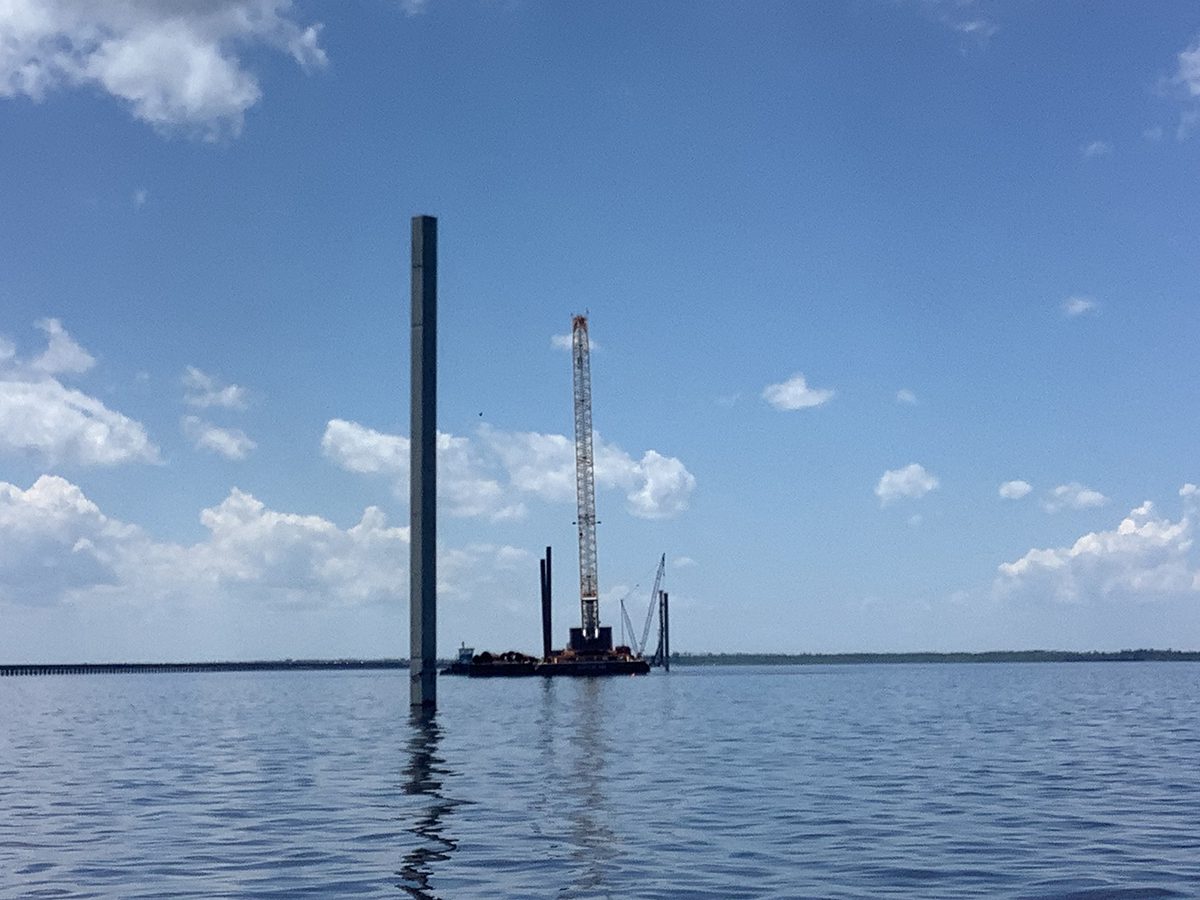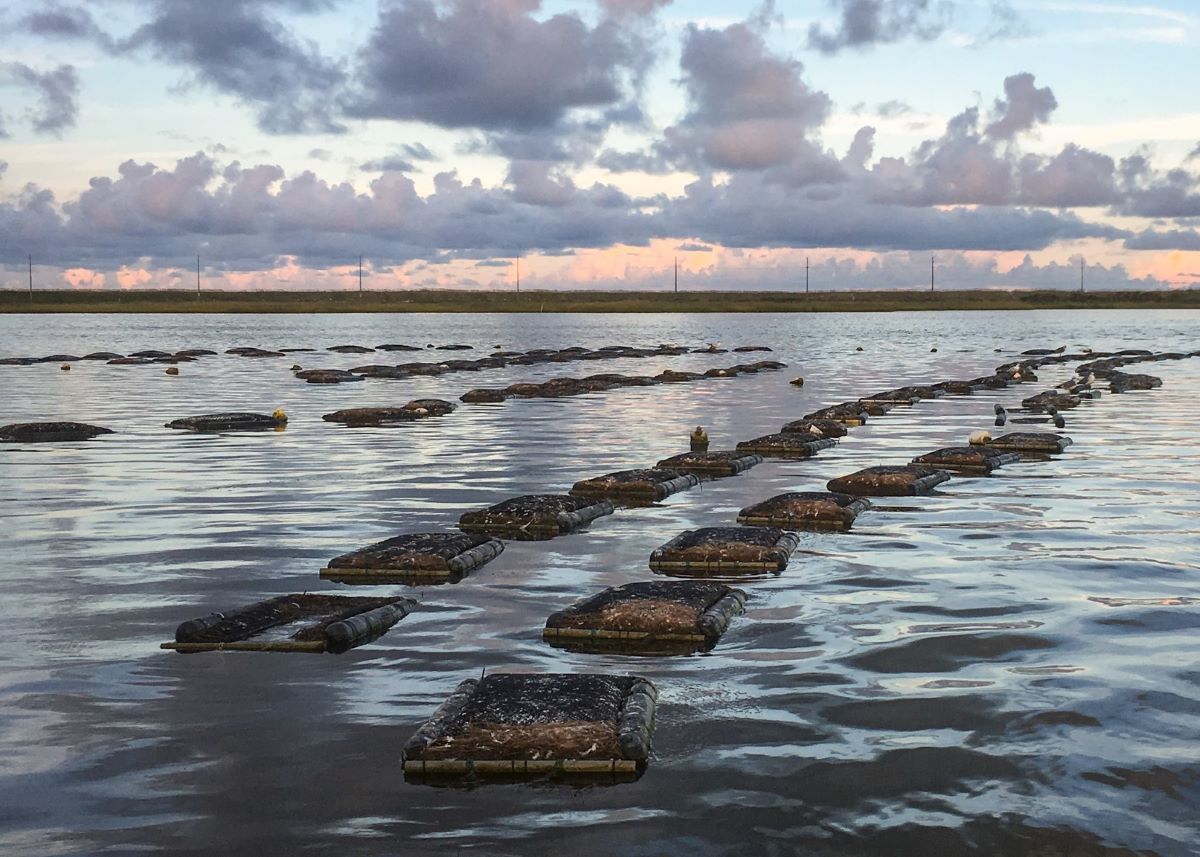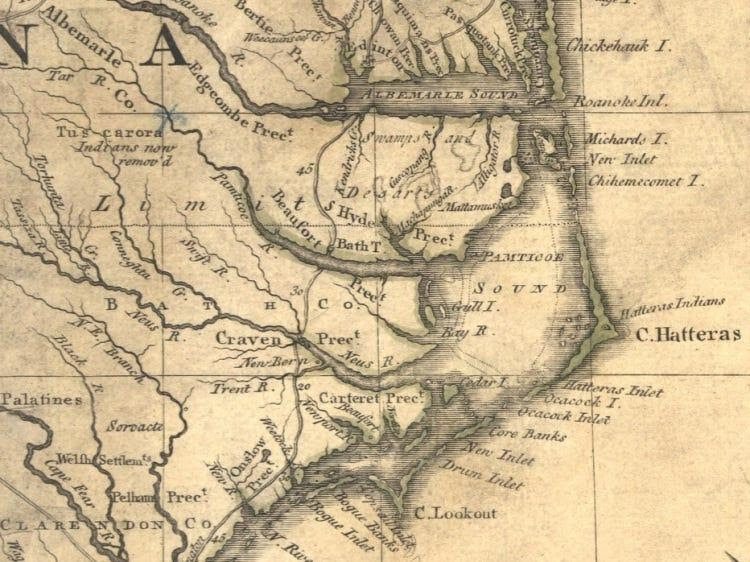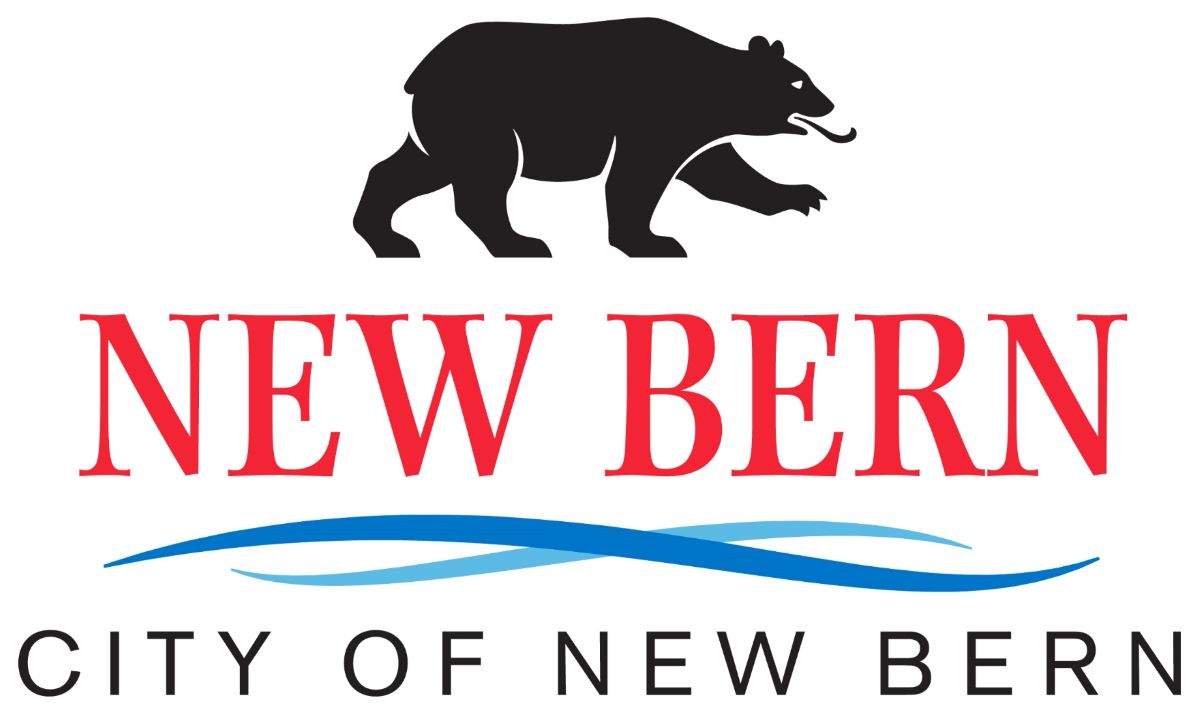EASTERN NORTH CAROLINA – The North Carolina Aquariums at Fort Fisher, Pine Knoll Shores and on Roanoke Island have joined with other top aquariums across the country to create the Aquarium Conservation Partnership, which launched earlier this summer the national “In Our Hands” campaign address plastic pollution.
Through the In Our Hands campaign, these aquariums hope to empower their 20 million visitors and their communities to drive a national shift away from single-use plastic that poses a major threat to ocean and freshwater animals and toward innovative alternatives. The campaign includes a website that inspires visitors to make positive everyday behavior changes and raise awareness of the issue.
Sponsor Spotlight
“As leaders in conservation, the North Carolina Aquariums strive to make impactful efforts that reduce the flow of plastic to the ocean,” said Hap Fatzinger, director of the Pine Knoll Shores aquarium. “Our hope is that our visitors and communities will see what we are doing to cut single-use plastics and will be inspired to make their own efforts. The ‘In Our Hands’ campaign is a great way for all of these voices to come together to make a difference on this pressing issue that threatens the health of wildlife in the ocean, lakes and rivers.”
All of the aquariums are also supporting this shift away from single-use plastic on their own grounds. As of Monday, Aug. 21, all partnership members have eliminated plastic straws and single-use plastic take-away bags in their facilities.
This summer, the North Carolina Aquariums and the other aquariums are raising awareness and sparking consumer action by bringing focus to the many ways they’ve cut back on single-use plastic in their operations.
To help reduce single-use plastic bottles, the Pine Knoll Shores aquarium has installed water bottle filling stations for public and staff. They have also installed several new recycling stations on their grounds, and will host beach cleanups late this summer.
Sponsor Spotlight
In hopes of additional plastic reduction, the aquariums have also committed to significantly reduce or eliminate plastic beverage bottles by December 2020 and showcase innovative alternatives to single-use plastic in their facilities.
About 8.8 million metric tons of plastic enters the ocean each year worldwide, or roughly a dump truck full of plastic every minute of every day. In the United States alone, plastic waste averages more than 200 pounds per person each year. If nothing changes, by 2025 the flow of plastic into the ocean is expected to double.
The partnership was first championed by the Monterey Bay Aquarium in California, National Aquarium in Baltimore and Shedd Aquarium in Chicago, in collaboration with the Association of Zoos and Aquariums. Coalition partners include the following: Aquarium of the Pacific; California Academy of Sciences/Steinhart Aquarium; Monterey Bay Aquarium; Mystic Aquarium; The Florida Aquarium in Tampa; Shedd Aquarium; Newport Aquarium in Kentucky; Audubon Nature Institute/Aquarium of the Americas in New Orleans; National Aquarium in Baltimore; New England Aquarium; Omaha’s Henry Doorly Zoo and Aquarium; Wildlife Conservation Society/New York Aquarium; South Carolina Aquarium in Charleston; Tennessee Aquarium in Chattanooga; Texas State Aquarium; Virginia Aquarium & Marine Science Center; Point Defiance Zoo & Aquarium; and Seattle Aquarium.







